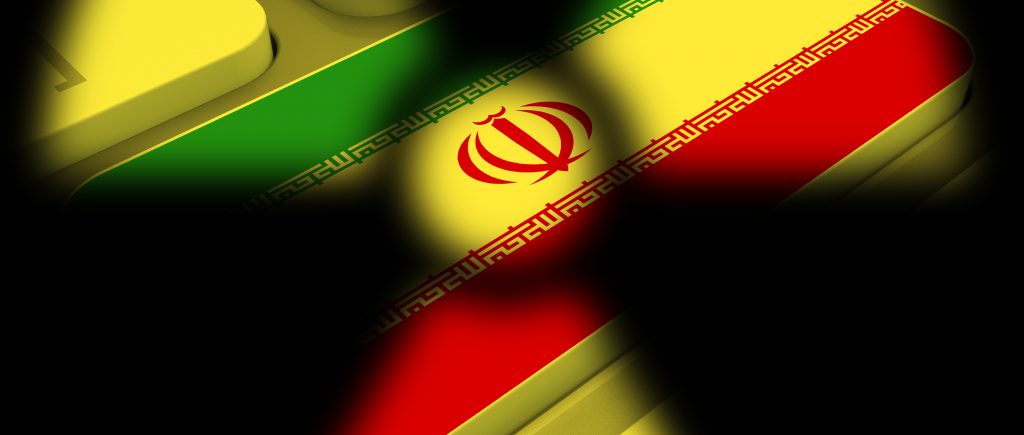One of the biggest questions in the oil market, this week, is what after Iranians sent their response to the European draft nuclear deal? Iran’s response said neither “Yes”, nor “No” about the EU draft deal, instead the response raises issues which Tehran wants fused into the draft including, but not limited to, assurances that it would be protected from economic sanctions if the US decides to unilaterally withdraw from the deal. These demands are typically in line with Iran’s known strategic patience.
Despite optimistic analyses, a deal looks doubtful in the short term, as both sides could favour the “no deal” grey zone, without announcing the end of talks, though the US is fully aware that stricter sanctions enforcement would worsen the oil shortage. Both the US and Iran have an interest in continuing talks rather than dumping them altogether, they both know that the alternative is worse.
One other pressing question is whether Washington could accept Iran’s request of guarantees that the deal will be binding regardless future US administrations. Legally speaking; Biden is not capable of guaranteeing that, and any other administration can cancel any deal just as Donald Trump did.
The EU is more interested in concluding a quick deal than other parties to the pact (France, UK, Germany, China and Russia, known collectively as the P5+1). On a different front, Israel told Western countries to walk away from the 16-month-old talks after Tehran failed to respond to a yes or no ultimatum question on the text of an EU proposal to revive the inactive 2015 pact. Another question now is whether the EU draft is in breach of the red lines set out by the Biden administration when talks resumed. US Gulf Arab allies also opposed the 2015 deal.
Oil has generally advanced for the second consecutive trading session on Thursday, as news headlines hint at another stalemate facing Iran’s nuclear talks. The Iranians also demanded guarantees that the Western companies in Iran would be duly protected if the US withdrew again. This has hindered the efforts to revive the 2015 nuclear deal as Washington and European capitals are still uncertain whether a deal is possible.
The EU’s “final text” of a possible deal marks that negotiations are over. Iran, on the contrary, wants mechanisms in the agreement allowing the acceleration of nuclear work if Washington happens to decide another withdrawal.
On 26 July, the EU submitted a compromise and called on Tehran and Washington to provide a “yes or no” answer by Monday, August 15. The US response was not public. On Wednesday, the State Department spokesman Ned Price said, “we’re making our views known privately and directly to the EU”.
The US did not seem to have much patience with Tehran’s demands, with State Department spokesperson Ned Price saying this week that “the only way to achieve a mutual return to compliance with the JCPOA is for Iran to drop further unacceptable demands that go beyond the scope of the JCPOA. We have long called these demands extraneous.”
US crude oil exports hit 5 million bpd during the week ended August 12, the highest on record, pacting to the data released on Wednesday from EIA, with WTI trading at a steep discount to international benchmark Brent, making purchases of US crude more attractive to foreign buyers.
Iran sells as up to 1 million crude barrels per day to China and other Asian buyers, and some of the said exports gets disguised as oil sold by a third country. The government’s budget plan forecasts daily sales of 1.4 million bpd for the year through March 2023 despite Western sanctions.

 Noor Trends News, Technical Analysis, Educational Tools and Recommendations
Noor Trends News, Technical Analysis, Educational Tools and Recommendations




